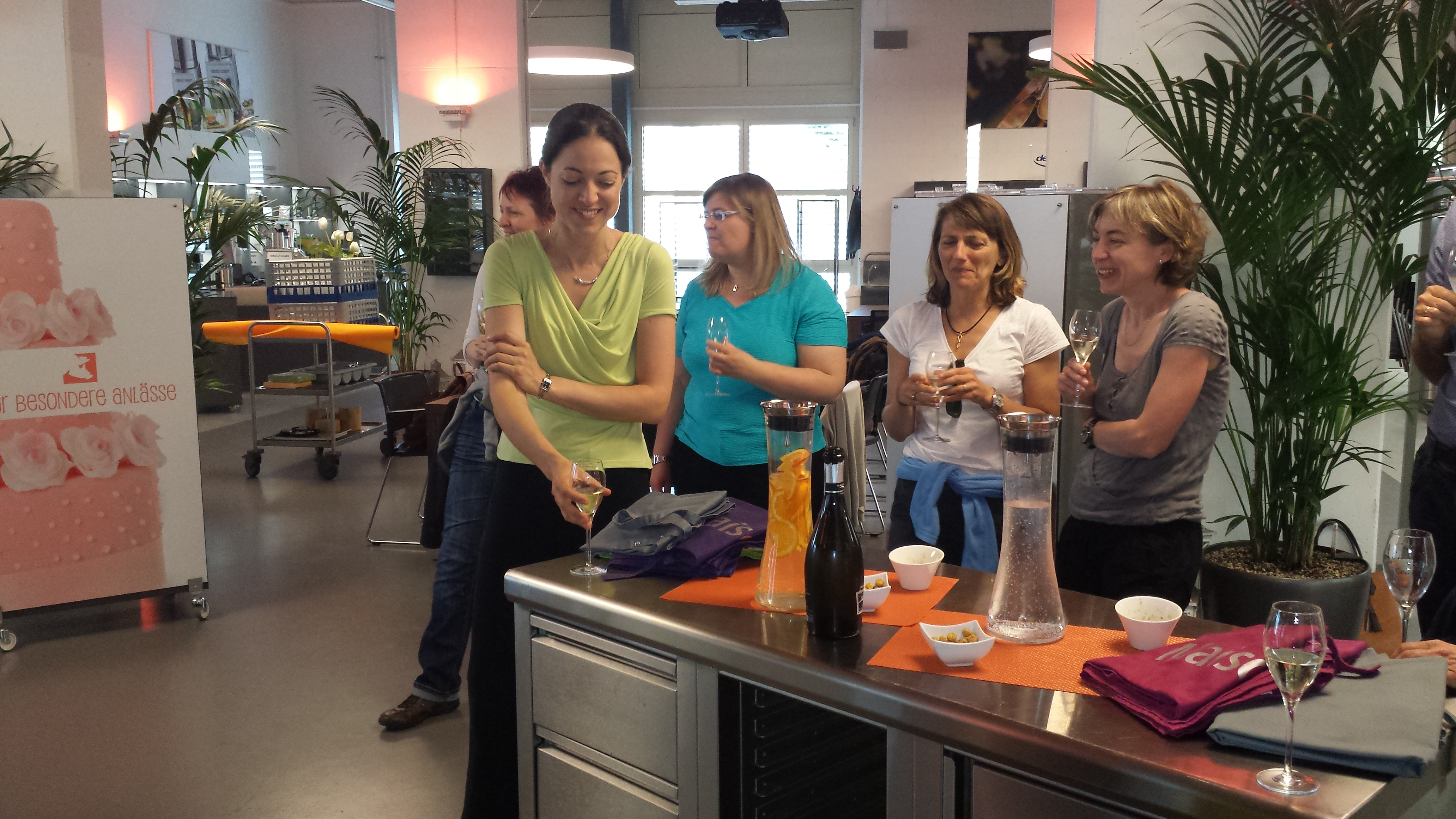Do you and your colleagues enjoy what you’re doing and the people you work with? If “Yes”, great! If “No” or “Could be better”, chances are your business needs a ‘Fun Zone’.
Imagine for a moment that you’ve just bought an old house. It’s been recently beautifully renovated, painted and looks great. You move in, do some decorating to make it “yours” and at first it seems OK, but then you start to get the feeling that it’s not quite right. Then you realise – it’s a bit too cold in winter and a bit too hot in summer – whilst it still looks great, it just doesn’t feel right. The answer to get the feeling just right? Air conditioning!
A Fun Zone is a bit like the air conditioning you installed – it enables you to feel bright and breezy, and to really love the house as you did when you first saw it and moved in.
So, just what is a Fun Zone?
The Urban Dictionary describes a Fun Zone as a “distinct place where individuals and groups of friends go on any given day or night to experience amusement or enjoyment”. Wow! And isn’t that what work should be like?
Now, I can just hear the naysayers, “Oh yeah, but we’re here to work – to achieve outputs, not to sit around having fun all day”. Well, I have some news for them. But first, a story to illustrate what a Fun Zone should look like.
During our pandemic lockdown, I heard a lovely story about a local business owner. The business was a home design one with five project managers, each working on a separate client project. Every Friday at 4PM, the owner had a rule in the office to, “Down tools, relax, chat, share stories, eat and drink - and no work talk!”. When the lockdown occurred the project managers started working from home – the project nature of their work was ideally suited – but they missed out on their Friday ‘social get-together’ (and their regular Monday Zoom work meetings were not sufficing).
Realising this ‘missing link’ in their work week and being a very clever manager, the business owner made a point of every Friday during lockdown, having delivered to her five project manager’s homes, cake/scones/tart (whatever she had cooked) and asked that everyone Zoom in at 4PM with their favourite beverage to join the social get-together.
This manager obviously realised the importance of social interaction at work – to build engagement, inclusiveness and ultimately, relationships through having some fun – this was their Fun Zone. But how and why were her Friday office social get-togethers working so well?
Firstly, the research into humour throws up some interesting points. Two researchers at Stanford University, Jennifer Aaker and Naomi Bagdonas, report on a “humour cliff” in their book, Humor Seriously, “In a 2013 Gallup study, 1.4 million people across 166 countries were asked a simple question: Did you smile or laugh a lot yesterday? For those between 16 and 23 the answer is yes. After the age of 23, the answer becomes no. In fact, we do not start smiling again until the age of 70 or 80”.
So, if you and your colleagues are between the ages of 23 and 70, there may be some reluctance to having some fun at work. Perhaps it’s considered not quite mature?
And further research on humour in the workplace, shows that not only can it be an aid to productivity, it may also improve your career prospects. For instance, Michael Kerr, president of Humor at Work, and author of The Humor Advantage: Why Some Businesses are Laughing all the Way to the Bank, says “dozens of surveys suggest that humour can be at least one of the keys to success.
And in terms of your career progression, a Robert Half International survey, found that 91% of executives believe a sense of humour is important for career advancement; while 84% feel that people with a good sense of humour do a better job. Another study by Bell Leadership Institute found that the two most desirable traits in leaders were a strong work ethic and a good sense of humour.
Teresa Almeida and Cecily Josten, “Not a joke: leveraging humour at work increases performance, individual happiness, and psychological safety”, suggest that with teamwork and task complexity increasing constantly, having, and showing, a sense of humour is a way to demonstrate authenticity and come across as more human. And during a global pandemic, laughing seems an essential (and potentially the only) tool for successfully juggling everyday work and private life.
Started thinking about whether it might be a good idea to introduce a Fun Zone to your workplace?
Almeida and Josten, share some striking evidence for why it’s a good idea, “To understand humour’s impact on teams, Lehmann-Willenbrock and Allen (2014) observed the behaviour of 54 teams in industrial organisations in Germany over two years by videotaping their team meetings. They found that human patterns in meetings triggered positive socioemotional behaviours such as the active encouragement of participation and problem-solving behaviours like seeking new ideas or solutions. Further, humour patterns in meetings were positively related to team performance (e.g., reaching targets or self-reported team efficiency) both immediately and after two years”.
Now, where and when will the fun start in your organisation? Can you report having a Fun Zone?

